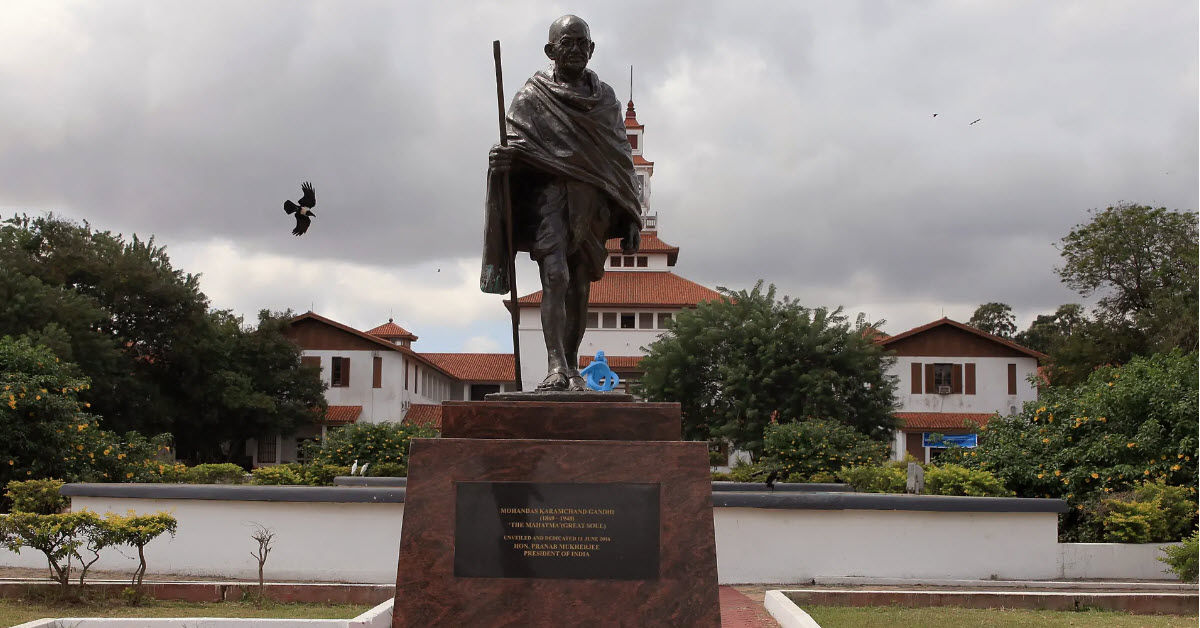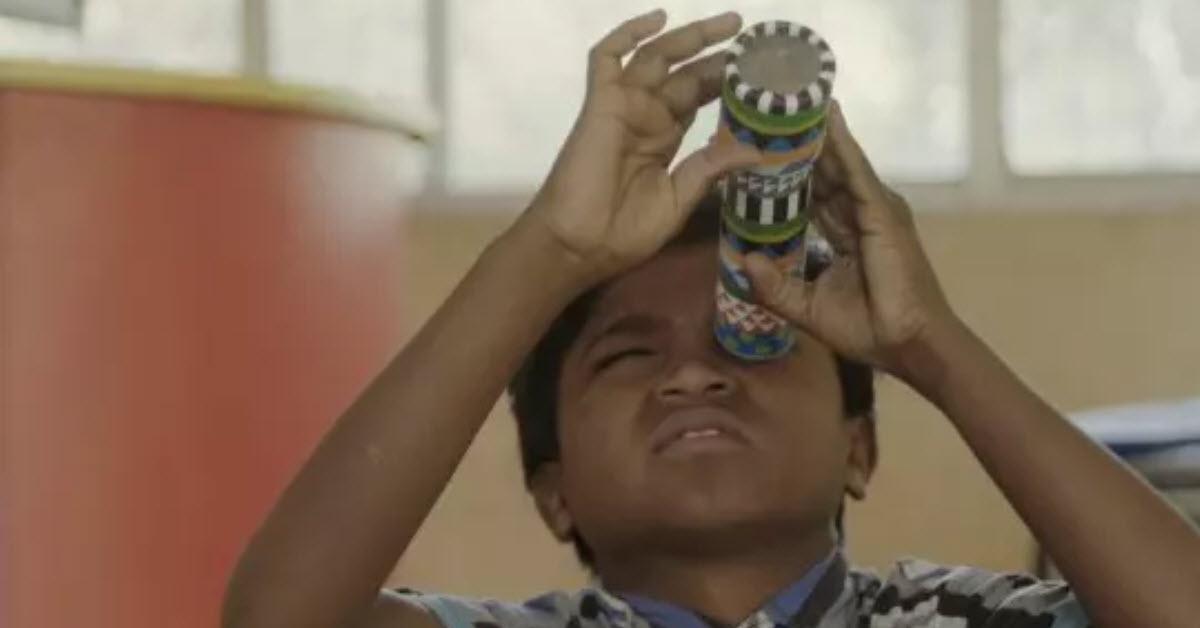Chennai Six freed after four years in Indian jail
https://blogger.googleusercontent.com/img/b/R29vZ2xl/AVvXsEiguIpJToKsqhNH611nFpB1sCtpeuVVxMDssbC9jQMlQ29G6CRf-J77I2MoQ7Ae2iDMuyKsTWDM1siZcC18BH1Xwo07-lfKE1k_JLGQe5unsMe6SPRlrgu9tmKqnUi0DCJ0bgxN_bRfOr5K/s1600/2017-11-29_17-31-56.jpg

The six British men acquitted of weapons charges after four years in an Indian jail could be home within 48 hours, a relative has said, as they walked free from prison in Chennai.
The so-called Chennai Six were taken from a prison in the town on the south-eastern coast of India by British consulate officials on Tuesday before telephoning their delighted families.
Giving the thumbs up to photographers before they were driven to a nearby hotel, the men were said to be “over the moon” at their release, although relatives said their ordeal would not be over until the men had returned home.
Lisa Dunn, the sister of one of the men, Nick Dunn, said he had called her within an hour of being released and that, while she screamed down the phone with joy, he was “very quiet, he was quite subdued, he seemed in shock, a bit anxious and on edge”.
She told the Guardian: “They’re desperate to get movement on it, but the Foreign Office have said that they’re hoping to get them out and home within 48 hours. They’re really pulling out the stops this time.”
The former British servicemen were working as security guards on the American-owned anti-piracy vessel the MV Seaman Guard Ohio in the Indian Ocean when they were detained in 2013.
They were accused of carrying unlicensed weapons, though they insisted they had been granted permits by the UK’s Department for Business, Innovation and Skills.
The British government’s head of export controls eventually confirmed to the Indian court that Vince Cable, the then business secretary, had granted licences for firearms in 2012 and 2013.
Initially, the charges were quashed and the men were freed for a short time on bail, but a lower court reinstated the prosecution and in January 2016 they were sentenced to five years in prison.
It is understood the men met Sir Dominic Asquith, the British high commissioner in India, within hours of being released on Tuesday in a British embassy where many of the men made calls home.
Lisa Dunn, from Ashington in Northumberland, said: “Our Nick, when he phoned, said they’re going to try to get us back within 48 hours, or as quickly as possible, but we still won’t relax – and certainly the way Nick is sounding, he won’t relax until he touches down on Newcastle tarmac.
“I’m so excited right know, but I know that when I see Nick he’s not going to be the Nick that we know and love. He’s going to be extremely on edge and very anxious, understandably so. That’s one of the main reasons I’ve flown out because I knew he was going to be feeling that way. He’s my baby brother and I can’t let him go through the next few days on his own.”
Dunn, who flew from Heathrow to Chennai on Tuesday, said the British government had previously failed the men by not pushing harder to get their appeal heard sooner by the Indian judiciary but that it now appeared to be a top priority for senior diplomats.
She added: “They know the men are innocent and now they’re pulling out the stops and rightly so. It’s not before time, at all. It’s a very nervous time because they were in this position last time but the Foreign Office failed them and said, ‘Let’s wait and see’ for the appeal. I think the Foreign Office know they cannot allow that to happen this time round. The whole nation is behind them.”
Yvonne MacHugh, the partner of one of the men, Billy Irving, from Connel in Argyll, said she “screamed with delight” to hear his voice. She added: “He’s just over the moon and didn’t think they would be released. He took everything that was said with a pinch of salt and didn’t believe it.”
Joanne Thomlinson, the sister of John Armstrong, echoed Dunn’s fears about the prospect of the men having to stay in India while their paperwork was sorted. She added: “As ecstatic as we all are at them being released, there are going to be emotional issues around that and it is going to be difficult for them to adapt.”
The six Britons – including Dunn; Irving; Ray Tindall from Chester; Paul Towers from Pocklington, east Yorkshire; John Armstrong from Wigton, Cumbria; and Nicholas Simpson from Catterick, North Yorkshire – were arrested and detained along with three Ukrainians, 14 Estonians and 12 Indians when customs officials and police searched their anti-piracy ship, owned by US-based company AdvanFort, in 2013.
A British consulate spokesman said: “The government shares their happiness. We are working with the Indian authorities to discuss the next step and we will continue to offer the men and their families consular assistance for as long as needed.”
guardian.co.uk © Guardian News & Media Limited 2010
Published via the Guardian News Feed plugin for WordPress.
Chennai Six freed after four years in Indian jail▶https://goo.gl/da94jL



Comments
Post a Comment